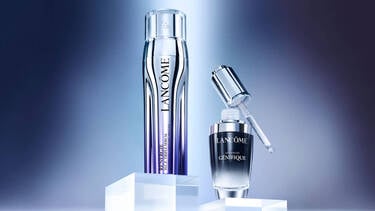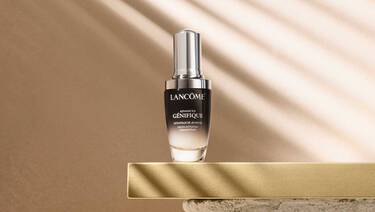Winter Skincare For Oily Skin: A Guide To Balancing Hydration And Oil Control

Winter weather can wreak havoc on your skin, especially if you have oily skin. The cold air strips moisture from your skin, causing it to produce excess oil as compensation. This leads to the frustrating cycle of having both dryness and oiliness at the same time. Managing oily skin in winter requires a careful balance of hydration without making your skin feel greasy. In this blog, we’ll explore the best ways to care for oily skin during the colder months and how to avoid common winter skincare mistakes.
Winter Skincare For Oily Skin
Caring for oily skin in winter is a unique challenge. While your skin may produce more sebum (oil) naturally, the cold air and indoor heating systems can dry it out, leading to dehydration. This dehydration tricks your skin into thinking it needs more oil, which results in an oily surface with dry patches underneath.
To combat this, your winter skincare for oily skin should focus on light hydration, balancing oil production, and avoiding products that strip the skin’s natural oils. Here are some essential steps to follow:
- Step 1: Apply A Hydrating Facewash
While it’s tempting to continue using an exfoliating cleanser to control oil, these can strip your skin of essential moisture in the winter. Instead, opt for a gentle & hydrating milk face wash that cleanses without over-drying your skin. Look for ingredients like hyaluronic acid or glycerin, which help maintain hydration.
- Step 2: Use A Soothing Toner or Serum
Many toners designed for oily skin contain alcohol to dry out excess oil, but in winter, this can be too harsh. Alcohol can strip away your skin’s natural oils, leading to irritation and overproduction of sebum. Instead, use face toners with soothing ingredients like rose water to balance the oil without causing dryness.
- Step 3: Incorporate A Lightweight Moisturiser
Oily skin still needs hydration, especially during winter. Choose an oil-free, lightweight moisturiser that hydrates without clogging pores. Gel-based or water-based moisturisers work well for oily skin, as they lock in moisture without leaving a greasy residue.
- Step 4: Finish With SPF
No matter your skin type or the season, using sunscreen is non-negotiable. Opt for a broad-spectrum sunscreen to shield your skin from environmental damage, prevent breakouts, and maintain a healthy, balanced complexion without clogging pores.
Winter Skincare Tips
Maintaining a healthy skincare routine is crucial during winter, especially if you have oily skin. Here are some additional winter skincare tips to keep your skin balanced and avoid common mistakes –
- Avoid Hot Showers
Hot showers might feel soothing in cold weather, but they can strip your skin of natural oils and leave it dehydrated. This can cause your skin to overcompensate by producing more oil. Stick to lukewarm water and limit your shower time to prevent this.
- Don’t Skip Sunscreen
Even though the sun may not feel as harsh in winter, UV rays are still present and can cause damage. Use an oil-free, broad-spectrum sunscreen with SPF 50 to protect your skin. Many sunscreens are available in lightweight, matte formulas perfect for oily skin.
- Exfoliate Sparingly
Exfoliating is important for removing dead skin cells and preventing clogged pores, but over-exfoliating can damage your skin’s moisture barrier. In winter, limit exfoliation to one to two times a week and use gentle, non-abrasive exfoliants like salicylic acid or glycolic acid. This will help unclog pores without stripping essential oils.
- Use A Humidifier
The dry indoor air from heaters can suck the moisture out of your skin, making it feel dry and tight. Using a humidifier at home helps add moisture back into the air, which can prevent your skin from overcompensating by producing excess oil.
- Say NO To Heavy Creams
While heavy creams are excellent for dry skin, they’re not suitable for oily skin, even in the winter. These thick formulas can clog pores and lead to breakouts. Stick to non-comedogenic products that provide hydration without feeling too heavy on the skin.
What To Avoid In Winter Skincare For Oily Skin?
- Heavy Oils: Avoid using thick oils like coconut oil, which can clog pores and lead to breakouts.
- Over-exfoliating: Too much exfoliation can irritate your skin and cause your oil glands to produce more sebum.
- Skipping Moisturiser: Even oily skin needs moisture. Skipping this step can make your skin more dehydrated, leading to the overproduction of oil.
Balancing oily skin during winter requires a delicate combination of hydration and oil control. By switching to gentle, hydrating products and following winter-specific skincare tips, you can keep your skin balanced, healthy, and shine-free all season long. Remember, the key to managing oily skin in winter is providing adequate moisture without overwhelming your skin with heavy products. So, browse through a wide range of Lancôme skincare products, explore our skincare magazine, and stay consistent with your oily skincare routine in winter to enjoy a glowing, balanced complexion all year round.
















